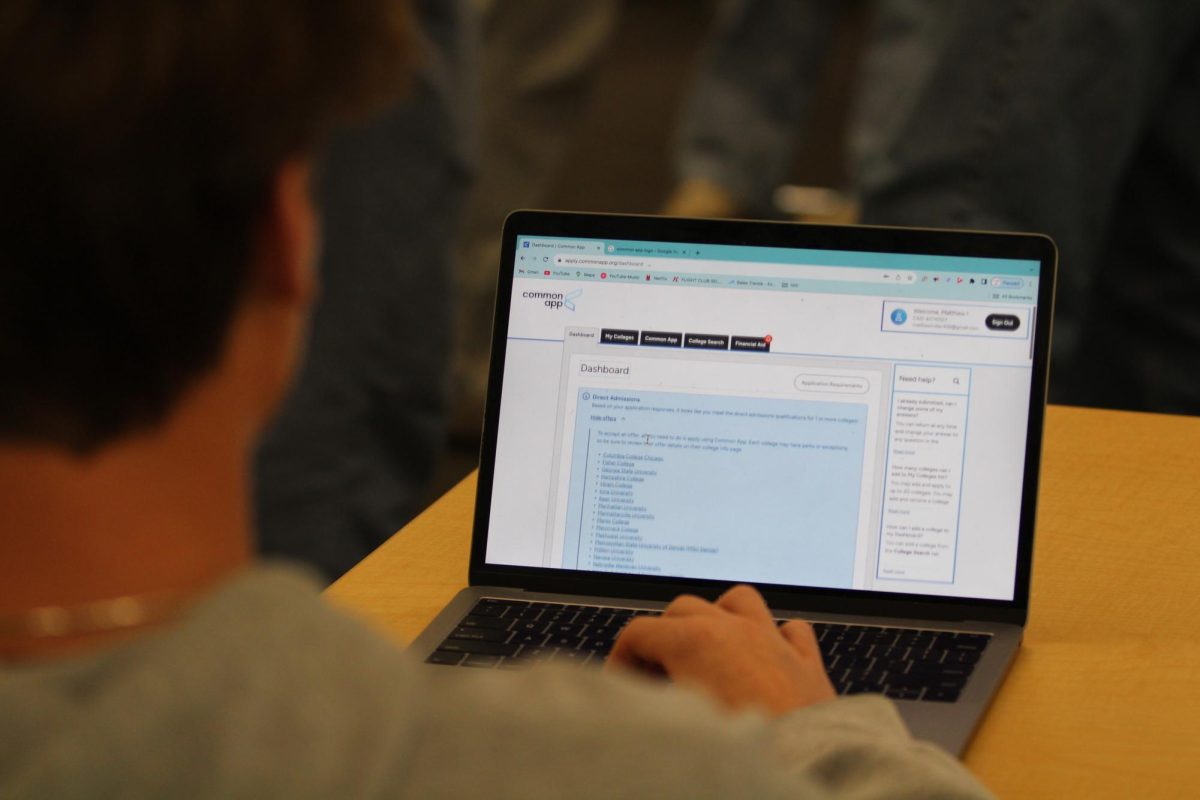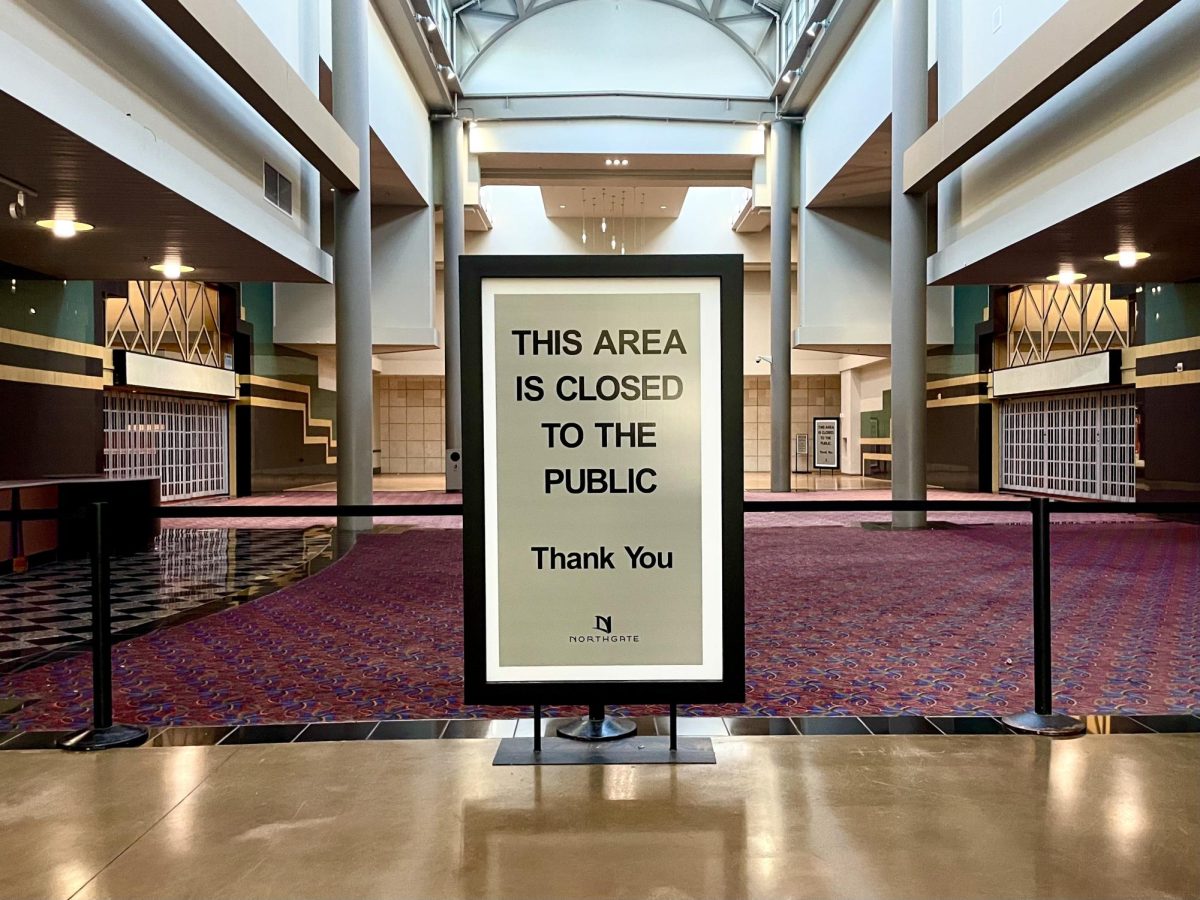Most teenagers these days can be found with a cell phone glued to one of their hands. Whether they’re with friends, doing homework, or even driving, you can be certain that their phone will not be far away.
In an effort to reduce the number of teen car crashes, a new law was implemented regarding minors’ cell phone use while driving.

In addition to the existing law prohibiting anyone from holding a telephone while driving, the new law, implemented on Jan 1., bans drivers under the age of 18 from using hands-free devices as well.
Senior Logan Leitz, a licensed driver, said she was unaware of the new law. She has wireless connection in her car, although she said she prefers to text using her hands.
“I don’t look at my phone when I text, so I don’t have to look down. It doesn’t affect my driving,” Leitz said.
According to the National Safety Council, approximately 1.6 million car crashes involve cell phones each year. Despite texting and driving prevention campaigns, many teenagers still text while driving.
“If I’m heading somewhere or I’m in a deep conversation, I need to respond,” Leitz said. “Since my read receipts are on, it looks bad if I don’t respond right away.”
Junior Brian Montesinos, a regular Bluetooth user, was affected when the law was put into place. “I use Bluetooth all the time. I am really busy so I have to,” Montesinos said. “When I make transitions from place to place, I’m on the phone. That’s why I got an iPhone 5 for that purpose. I’m going to follow [the law] as much as I can, but I’m making no promises.”
The first law restricting the use of cell phones while driving was issued in 2007. It stated that drivers of all ages could not drive while talking or texting on the phone. However, in 2011 the law changed, allowing drivers to use devices that were specifically designed for hands- free driving. The law was changed once again in 2014, restricting minors from using wireless devices while driving.
The first offense for a minor using a Bluetooth device while driving is a fine of $20, adding an additional $50 for each future offense. Although an officer cannot pull a driver over for the sole purpose of determining if a hands-free device is in use, if a driver is pulled over for a traffic violation, they can also be cited for using their phone.





